Author's note: This chapter includes a glossary at the end.
Costantinople, 532 AD
Theano stretched in satisfaction before rolling over on the straw-stuffed mattress to wrap her arms around her lover. Koralia stirred, nestling closer, before promptly drifted off again, exhausted from the activities of the morning. Theano listened to the sound of her breathing, her eyes tracing the cracks in the plastered walls of their room. She could have stayed like this forever, but would have to make do with the rest of the day.
It was the day of the chariot races, and the streets outside were practically humming with anticipation. Theano couldn’t have cared less, only Koralia had taken the day to spend with her, barring emergencies. The trouble with being a midwife was that there were always emergencies, and babies had no respect for things like holidays.
In fact, it had been a baby-related emergency which had brought Theano into Koralia’s life. Koralia had been tending to a laboring mother, and after three days with no progress, feared for the worst. In the darkest hour of the third day, she had begun to pray.
Constantinople was a Christian city now, but the Rhōmaîoi living there still remembered the Greek gods. When the Christian god didn’t answer her prayers, Koralia had turned in desperation to her ancestors’ pantheon. She begged Artemis, Eileithyia, and finally the primordial mother of all existence, Khaos.
Khaos had responded to the invocation, but in the form of a cat. The mother-to-be had been so startled when the cat leapt onto the windowsill that she’d had the baby almost immediately after. Koralia recognized this apparition as an answer to her prayers, and so had begun feeding the cat, naming it Theano, meaning “divine”.
One thing had led to another, as they sometimes do between a goddess and her prophet, and now, many months later, they were sharing a room in a tenement building, and neither one of them in the form of a cat. Theano, whose status as the goddess Khaos had always been uncertain, couldn’t believe her luck.
While she still had many believers, actual worshippers -- those who would invoke her name or leave her offerings -- had always been rare, as the nature of Khaos was unknown and ever-changing. She had been a god and a goddess, a place, a void, and according to Ovid, a shapeless mass of primordial matter from which all of existence had formed.
Koralia wasn’t just any worshipper, either. She had a brilliant mind, with which she constantly surprised (and sometimes confounded) Theano. Her hair was dark and wavy as the sea, her body soft and round, yet strong. Theano had hopes of deifying her, if she would consent to be eternally hers.
A ray of afternoon sunlight made its way across the floor, until at last it crept onto the mattress, and Koralia’s face. Her brow furrowed, her eyelids squeezing tight in defence against the light. Theano watched this, trying not to laugh at her lover’s fight against consciousness. Finally Koralia gave in, her hand shading her face as her eyelids fluttered open.
“Good morning, agapití,” she whispered, rolling over to face Theano.
“Finally, psihi mou. I’ve been waiting,” Theano answered, and kissed her on the forehead. Koralia smirked at the complaint.
“I think I could sleep a little longer,” she teased.
“I could watch you sleep forever.”
“Alright, alright, I’m awake,” Koralia laughed. “Also hungry,” she added.
“There’s bread and cheese,” Theano offered -- she had no need to eat, but liked to be sure there was something on hand for Koralia. “Also some wine,” she added. She had no need to drink, either, but enjoyed a bit of wine, all the same.
“Sounds good,” Koralia said with a grin.
“Don’t move.” Theano kissed her again and sprang out of bed to fetch the snack. Also the wine. The roar of the crowds over at the Hippodrome drifted in through the window as she returned to sit on the edge of the mattress. “They’re awfully excitable today,” she observed.
“Are you surprised?” Koralia scoffed.
Theano wore a sheepish expression, not being particularly interested in following human politics, or sports.
“The war is going badly,” Koralia explained with a patient smile “and Justinian has been stripping the demes of their power. They won’t accept this from a low born emperor. Not to mention the taxes.”
“Right. Yes… taxes,” Theano nodded in what she hoped was a knowing manner. She had never paid taxes in all her lives.
Koralia gave her arm a playful punch. “Don’t say another word,” she warned.
She sat up to eat the bread and cheese as Theano sipped on a cup of wine. The crowds continued to yell in the distance, with the occasional audible chant of “Veneti!” or “Prasini!” being carried in on the wind as the people cheered their teams.
Theano began to feel a familiar sense of pressure building in her head, which she lowered with a cringe. She should have stepped out while Koralia was sleeping, but the thought of missing out on even a minute of their time together had been unbearable.
“Are you alright, agapití?” Koralia asked.
Theano shuddered as she was blinded by a flash of searing pain, but a moment later it had passed, and the sense of pressure along with it.
“Yes, my love,” she whispered, dread running icy through her veins.
Koralia’s hand caressed her face, peering at her with concern. Outside the cheers of “Veneti!” and “Prasini!” had reached a fever pitch, blending together into a meaningless cacophony. Out of this discord a new, unified chant emerged.
“Nika! Nika! Nika!” This was not the cry of zealous triumph. The word meant victory, but the mood of the crowd said something else entirely. It said vengeance, treason, murder.
Glossary
Agapití - beloved Demes - subdivisions of the city, each represented by a chariot team (ie. the Veneti and Prasini), also held political influence at this time Hippodrome - the square in which chariot races were held, next to the palace complex Rhōmaîoi - Romans (which is how Byzantine Greeks referred to themselves as citizens of the Roman Empire) Prasini - greens (chariot team) Psihi mou - my soul Veneti - blues (chariot team)

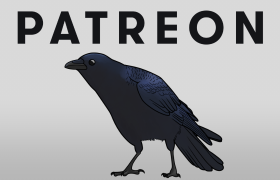
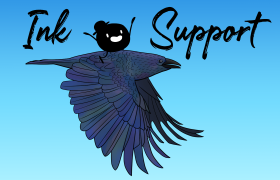
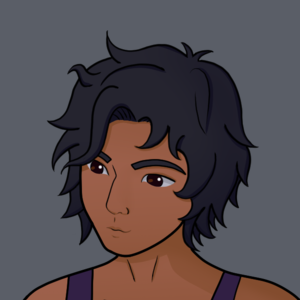
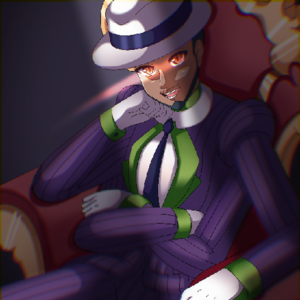







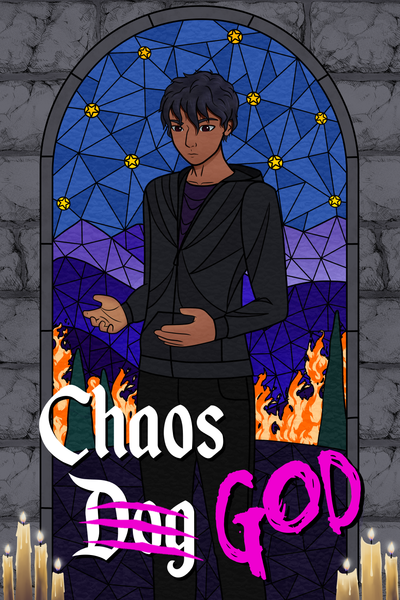
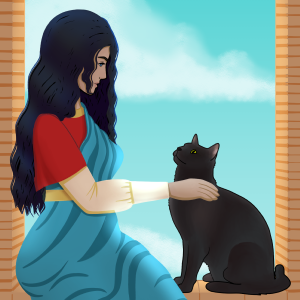
Comments (16)
See all